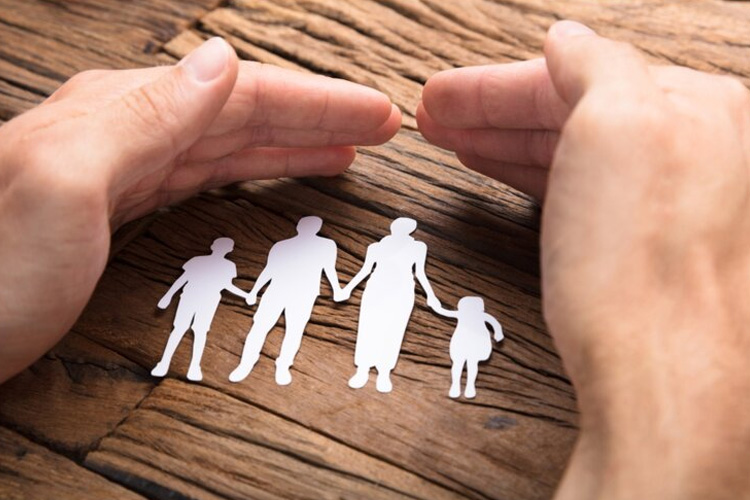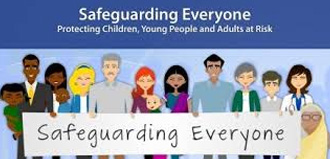
The practice is committed to complying with legislation and statutory guidance to protect children and adults at risk of abuse or neglect. The practice has an effective process for identifying and responding appropriately to signs and allegations of abuse. There is also an effective process for preventing abuse before it occurs and minimising the risks of further abuse once it has occurred.
Everyone has the right to live a life free from harm and abuse. Safeguarding is about protecting individuals – adults or children – who may be in some way at risk of abuse or neglect from others. It can take many forms – people can be financially abused, sexually abused, or physically abused among others.
There are four types of child abuse: physical abuse, emotional abuse, sexual abuse and neglect.
Safeguarding children is defined in national guidance as:
Safeguarding Adults means protecting a person’s right to live in safety, free from abuse and neglect. An adult at risk is any person who is aged 18 years or over and at risk of abuse or neglect because of their needs for care and or support.
If you would like any further information Wakefield Safeguarding Children Partnership website has lots of useful tools and resources and easy to use if you have any concerns regarding a child/vulnerable adult.
https://www.wakefieldscp.org.uk/
If you have concerns about an adult or child who may be at risk, please contact Social Care Direct on 0345 8503503 or 01924 303450.
If you are in immediate danger, call 999 and ask for the police. If you can’t speak and are calling on a mobile press 55 to have your call transferred to the police. Find out how to call the police when you can’t speak.
For free, confidential advice, 24 hours a day contact a domestic abuse helpline.
If you are deaf or can’t use a phone
You can register with the emergencySMS. Text REGISTER to 999. You will get a text which tells you what to do next. Do this when it is safe so you can text when you are in danger.
